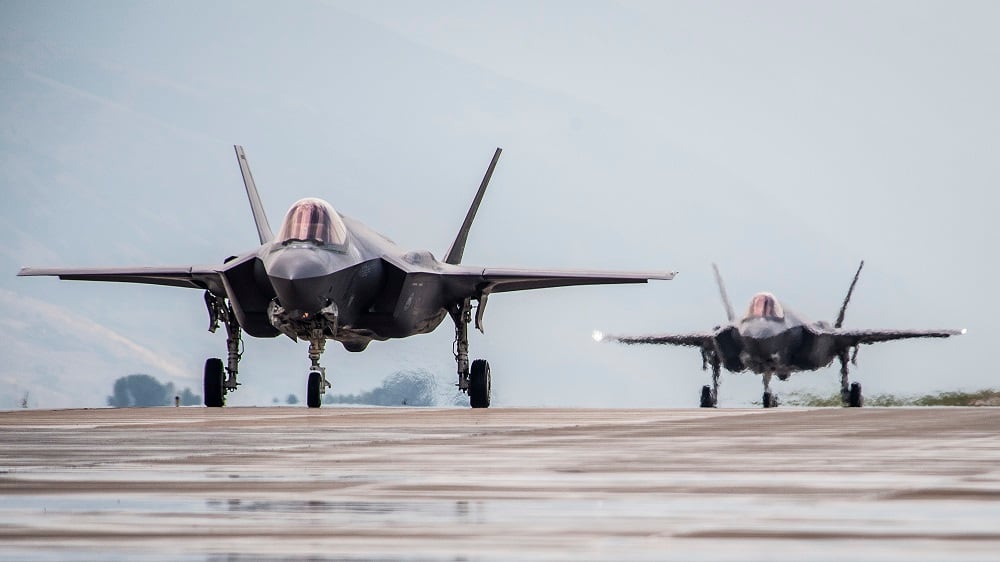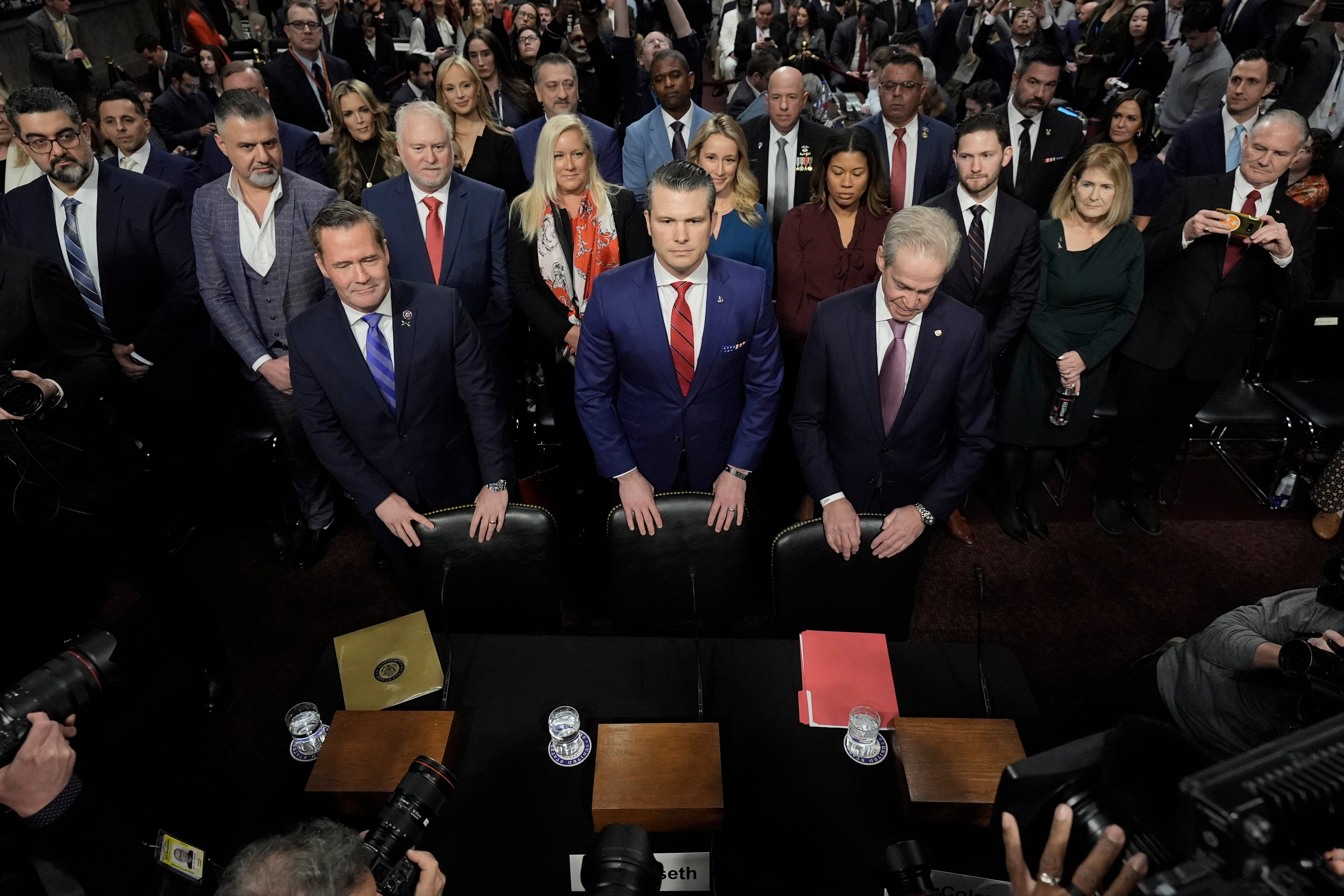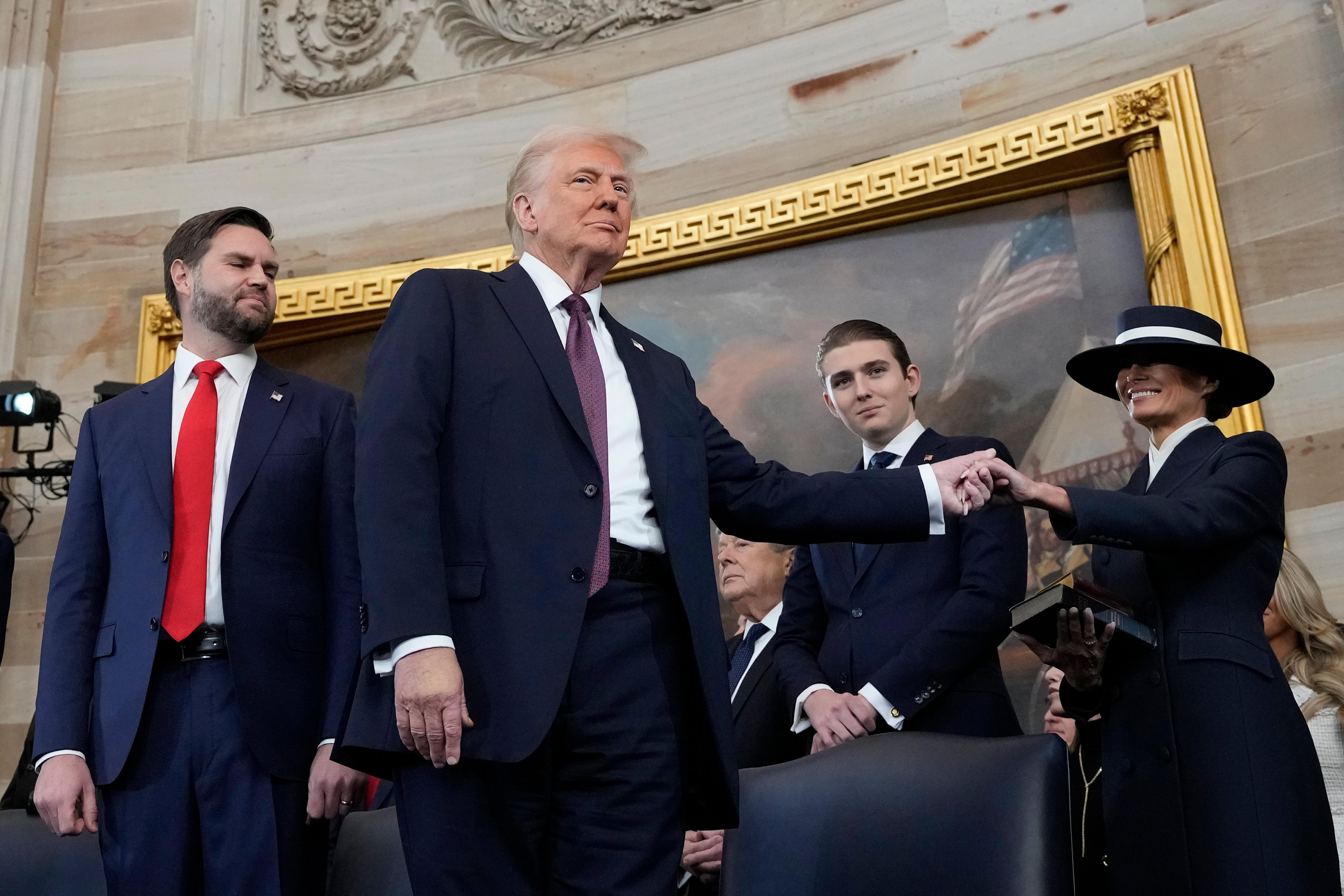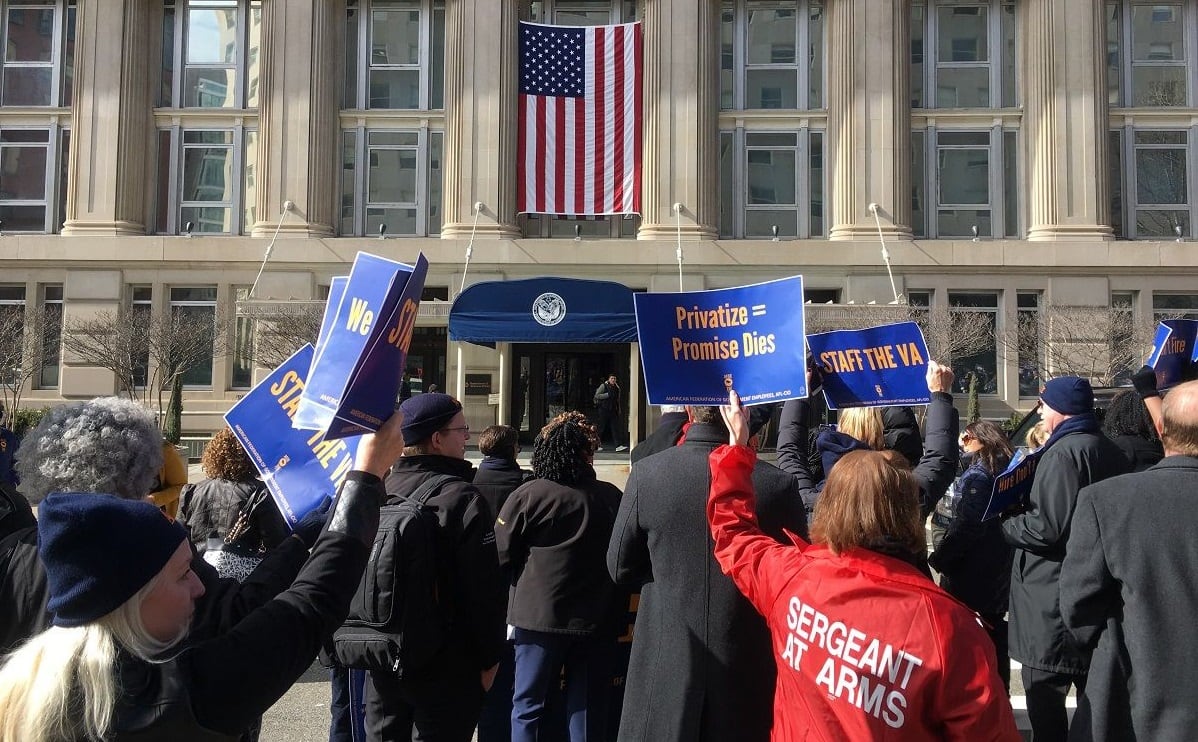WASHINGTON — Congressional lawmakers are boasting that the recently passed fiscal 2018 defense authorization bill has the largest pay raise for troops in the past eight years.
But that has less to do with newfound generosity among lawmakers and more to do with the expected rise in civilian wages next year.
Included in the massive budget bill, finalized by the Senate Nov. 16 and expected to be signed into law by President Donald Trump in coming days, is a 2.4 percent pay raise for service members starting Jan. 1.
Your 2018 pay raise (chart) — every rate for every rank
It’s only the second time since 2010 that the pay raise has topped 2 percent (it was 2.1 percent last January) and was a point of pride among congressional leaders who backed the bill.
The mark is 0.3 percent above what President Donald Trump and the Pentagon had requested. It translates into about a $680 annual boost from 2017 pay for younger enlisted ranks, and about $1,080 a year for more senior enlisted and junior officers. A mid-career officer will see almost $2,000 a year extra under the plan.
But the 2.4 percent figure is also the mark mandated as the standard pay raise under federal law.
In past years, the White House and Congress have gone below those expected levels in an effort to save money for other military priorities. Outside groups have argued this amounts to a cut in military pay, since those lower pay raises fail to keep pace with the cost of living.
RELATED

If Congress had backed Trump’s plan for a 2.1 percent pay raise, the 0.3 percent drop from the mandated level would have saved Pentagon planners $200 million next year and $1.4 billion over the next five years. Now, that money instead will go into troops’ wallets.
The new raise goes into effect Jan. 1, unless other budget issues being debated in Congress intervene.
Currently, federal programs are running under a 10-week budget extension agreed upon by lawmakers in September. If House and Senate leaders can’t reach a full-year budget plan by the end of the year, it could prompt a partial government shutdown, which will delay some military pay and bonuses.
If, however, lawmakers approve another budget extension through a second continuing resolution, they could include extra money to fund the military pay raise beginning Jan. 1, as they did last year.
Leo covers Congress, Veterans Affairs and the White House for Military Times. He has covered Washington, D.C. since 2004, focusing on military personnel and veterans policies. His work has earned numerous honors, including a 2009 Polk award, a 2010 National Headliner Award, the IAVA Leadership in Journalism award and the VFW News Media award.





